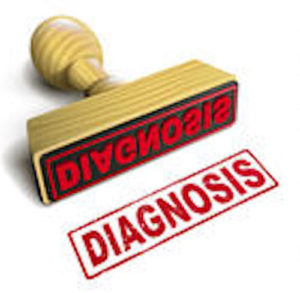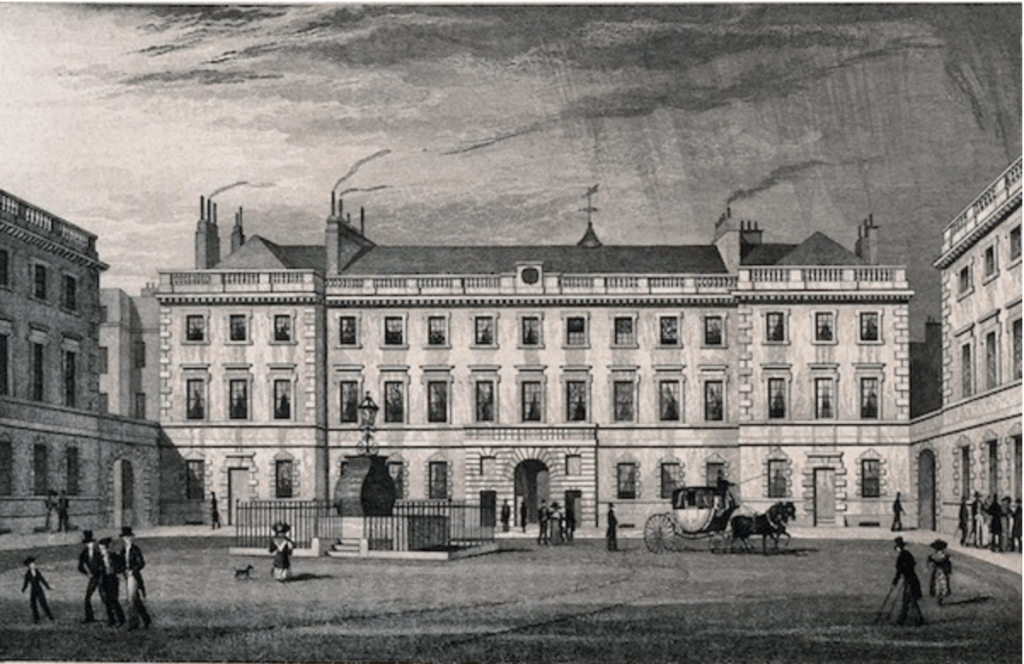UCLA PRP Survey
There has never been a WORLDWIDE SCIENTIFIC SURVEY of 1,000 PRP patients! … until now. On July 29, 2018, over 1,100 PRP patients (or their caregivers) were invited to participate in the UCLA PRP Survey. While 418 (41%) opened the email, only 128 clicked the link to the UCLA PRP Survey page. Said another way: […]









